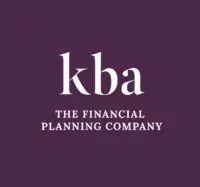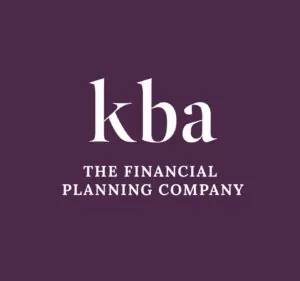Roald Dahl’s books are known for colourful characters, fantastic adventures, and simply being fun. As a child, they’re the perfect books for capturing your imagination. As an adult, you can even find some unexpected money lessons nestled among the talking creatures and magic.
Here are five financial lessons you can learn from the stories of Roald Dahl.
1. Patience can pay off
The rags to riches story of Charlie and the Chocolate Factory has enchanted readers since 1964. It also includes a valuable lesson about holding on to assets.
When Charlie first finds the coveted golden ticket, he receives offers to sell it. Wisely, he keeps hold of it and goes on to become the heir to Willy Wonka’s chocolate empire. If he’d sold the ticket, the cash would have been far less valuable.
When you’re investing, a long-term outlook is important.
2. A decisive plan is crucial
While many of Roald Dahl’s books are about going on an adventure, coming up with a plan to reach these goals is crucial for many of the stories’ happy outcomes.
Would the fantastic Mr Fox have outsmarted the wicked farmers Boggis, Bunce, and Bean without devising a plot to reach the chicken houses? No, it took careful planning to safely burrow underground to secure the loot.
When you have a goal, learn something from Mr Fox and set out a plan to reach it. Whether you want to build a nest egg for children or are thinking about your retirement, without a plan, you can easily miss a target that was within reach.
In the words of the BFG: “You’ll never get anywhere if you go about what-iffing.”
3. Protect your assets
Aunt Sponge and Spiker aren’t exactly the heroes of James and the Giant Peach. But, as an adult, you have to admire their ability to spot an opportunity.
When a giant peach starts to grow in their garden, the aunts are quick to spot what a valuable asset it could be. They quickly erect a fence and start selling tickets to tourists eager for a glimpse of the peach.
Of course, it doesn’t quite go to plan for the aunts – it wouldn’t be much of a story if nephew James didn’t crawl inside the peach to make friends with some giant insects.
Yet, there’s still a lesson to be learnt; know what’s valuable to you and take steps to protect it.
From a financial perspective, that could mean taking out financial protection to ensure your family is secure or adding to a pension so you can enjoy the retirement of your dreams.
4. Diversify
If you’re going to make something marvellous, you need to mix lots of ingredients. It’s something that the titular character of George’s Marvellous Medicine knows all too well.
When George decides to make a magic medicine, he takes components from all over the home – floor polish from the laundry room, shampoo from the bathroom, and gin from the kitchen.
In the same way, you should diversify your investments. Choosing investments from different industries and geographical locations can help balance out some of the volatility you experience when investing.
There’s another investment lesson in George’s Marvellous Medicine too.
When he tries to recreate the medicine, there’s lots of chopping and changing as he attempts to remember the correct ingredients. He can’t get it right and it leads to bizarre results until George’s grandmother drinks a cup and shrinks until she disappears entirely.
What’s the lesson to be learnt here? Set out an investment plan and stick with it. While it might be tempting to make a change and respond to market conditions, keep your focus on the long term.
5. Don’t follow the crowd
Roald Dahl’s books are filled with characters who don’t always follow the rules and what others are doing.
While others are standing back, Matilda Wormwood stands up to the cruel headmistress Miss Trunchbull and defeats her. Likewise, in Danny the Champion of the World, nine-year-old Danny “borrows” an Austin 7 that’s been left in the garage to rescue his father.
It can be all too easy to follow the crowd, but sometimes you need to focus on your own goals. This is especially true when you’re investing. While it may seem like everyone is investing in a particular asset or selling another, it doesn’t mean that’s the route you should be taking.
You should tie investment decisions to your goals and circumstances. Even when a decision is right for many others, it doesn’t mean it is for you.
Are you ready to make a financial plan?
Roald Dahl’s books have taught us some valuable financial lessons, but now you may want to speak to an expert. Arrange a meeting with us to discuss how to create a financial plan that’s right for you.
Please note:
This blog is for general information only and does not constitute advice. The information is aimed at retail clients only.
The value of your investment can go down as well as up and you may not get back the full amount you invested. Past performance is not a reliable indicator of future performance.

